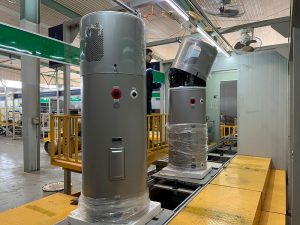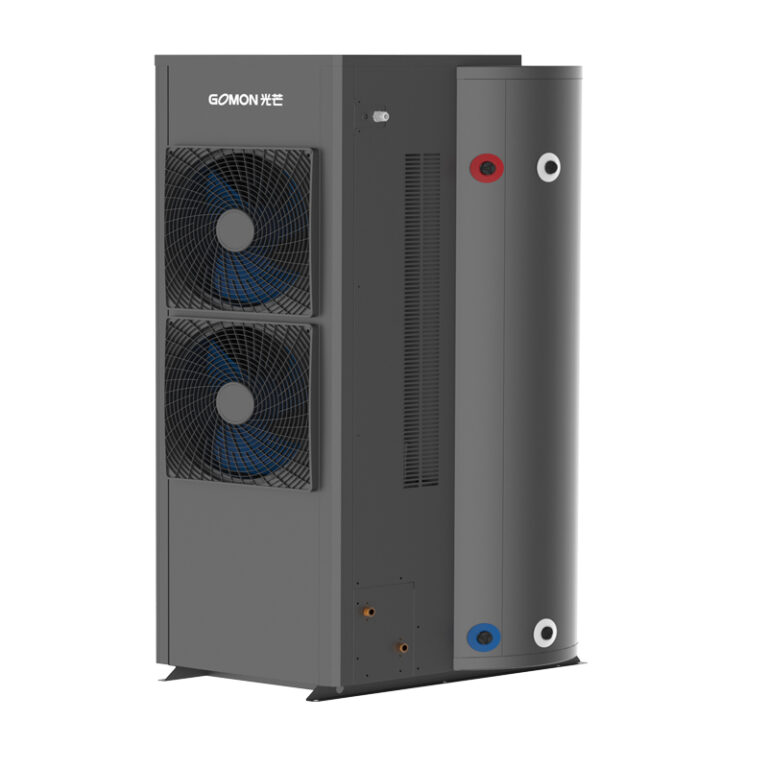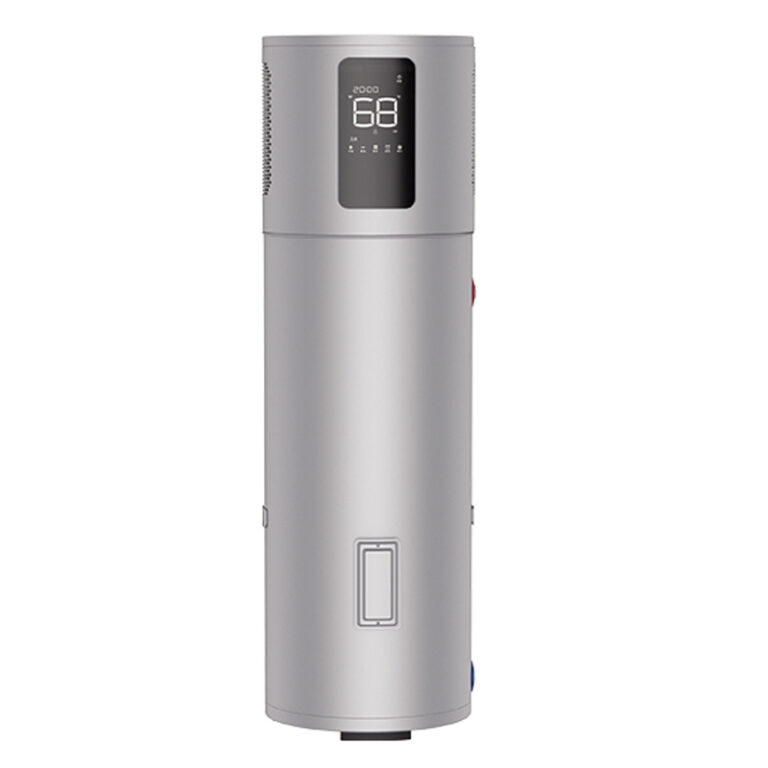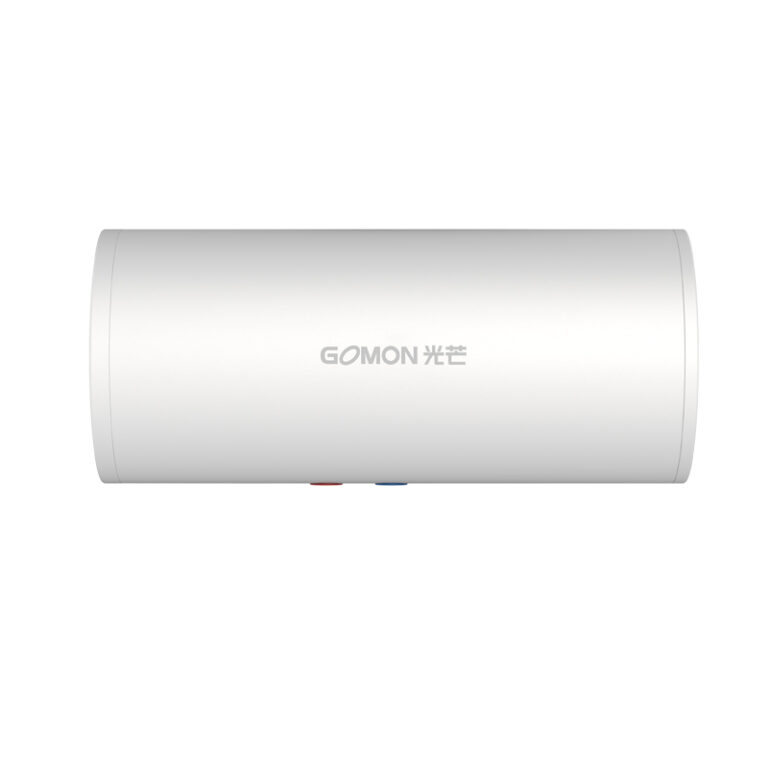Domestic air to water heat pumps are an energy efficient and cost effective way to heat your home. Suppliers of these gadgets provide a range of sizes and fashions to go well with a vary of needs. These heating structures work through drawing in air conditioner from backyard the domestic and transferring its warmth electricity to water circulating via the pipes. This heated water is then despatched round the domestic to furnish warmth.
The technological know-how is turning into more and more famous as it helps to limit electricity fees and can be used in any area with get right of entry to to an exterior air source. Furthermore, bloodless local weather home air to water warmth pumps provide environmental benefits, as they launch much less carbon dioxide than common heating systems. Suppliers are in a position to supply educated recommendation on the quality unit for your home, as properly as imparting set up and preservation services.

What is Domestic Air to Water Heat Pump Suppliers
A domestic air to water heat pump is a device that uses heat from the air to heat up water for various domestic uses. It is an efficient, cost-effective and environmentally friendly heating alternative to traditional boilers and radiators, and can be used to heat radiators, underfloor heating systems and hot water cylinders.
There are several domestic air to water heat pump suppliers available in the market, offering different ranges of products to suit different needs and requirements. It is important to choose a supplier who can provide the right product for your situation, as well as offer advice and technical support if needed. When looking for a supplier, it is advisable to research the company and make sure that they have good customer reviews.
When choosing a domestic air to water heat pump supplier, look out for the following:
- Up-to-date product range: Make sure the supplier you choose has an up-to-date range of products that fit your specific requirements.
- Expert advice: Choose a supplier who is knowledgeable about domestic air to water heat pumps and can offer advice and technical support.
- Quality standards: Look for suppliers that meet relevant quality standards and certifications.
Product
Types of Domestic Air to Water Heat Pump Suppliers
- Manufacturers: Many manufacturers of air to water heat pumps have production facilities worldwide. Popular manufacturers include GOMON, Mitsubishi, Daikin, Rinnai, and Daikool.
- Distributors: Distributors offer a variety of products from different manufacturers. They provide advice, assistance, and technical support to potential customers. Popular distributors include Technical Heat Exchange, Cooler Solutions, Climate Corporation, and Cool Comfort.
- Online Retailers: Online retailers offer air to water heat pumps at discounted prices. They also provide easy installation and maintenance services. Popular online retailers include Home Depot, Lowe’s, and Amazon.
- Local Contractors: Local contractors are a great source of domestic air to water heat pumps. They provide competitive pricing, efficient installation, and complete maintenance services. Local contractors may be located through directories such as Angie’s List or local listings.
Benefits of Installing a Domestic Air to Water Heat Pump
- Lower energy bills: Air to water heat pumps are highly efficient, using up to four times less electricity than traditional heating systems such as oil and electric boilers. This can make a significant difference to energy bills over time.
- Environmentally friendly: Heat pumps do not use any combustible fuels or generate any emissions or pollutants, meaning they are an excellent choice if you are looking to reduce your home’s carbon footprint.
- Reduced maintenance costs: Air to water heat pumps require minimal maintenance, compared to traditional heating systems, which helps keep on-going costs down.
- A versatile heating system: Air to water heat pumps can be used to heat radiators, underfloor heating and warm air vents, offering an all-in-one heating solution for your home or business.
- A potential for cold climates: Air to water heat pumps are suitable for heating properties in colder climates, as long as the temperatures don’t drop below -15°C.
- Hot water: As well as providing heat to your home, air to water heat pumps can also be used to produce hot water for showers and baths.
Best domestic air to water heat pump brands
When looking for a domestic air to water heat pump, it is important to consider the brand that will offer the best quality and durability. Here are some of the top brands that you should consider:
GOMON Electric is a well-known brand in the HVAC industry and is well-regarded for their high-quality products. Their range of air to water heat pumps offer superior performance, energy efficiency, and quiet operation. They also offer a range of sizes and configurations to suit different domestic heating needs.
How does Domestic air to water heat pump efficiency
Air to water heat pumps are a popular choice for domestic heating and cooling. They work by extracting heat from the outside air and transferring it to a water-based system, which can then be used to heat the home and provide hot water.
The efficiency of an air to water heat pump is measured by its coefficient of performance (COP), which is the ratio of the heat output to the energy input.
The COP of an air to water heat pump can vary depending on several factors, including the outside air temperature, the size and efficiency of the unit, and the design and insulation of the home. In general, air to water heat pumps have a higher COP in milder climates, as the outside air temperature is closer to the temperature required for heating.
To ensure maximum efficiency, it is important to properly size and install an air to water heat pump, as well as maintain and clean the unit regularly. Choosing a high-quality, energy-efficient model can also help to increase the COP and reduce energy costs.
Overall, air to water heat pumps can offer a highly efficient and cost-effective solution for domestic heating and cooling, particularly in areas with milder climates.
How to Domestic air to water heat pump maintenance
Air to water heat pumps are a great way to provide efficient heating and cooling to your home. However, like any other home appliance, they require regular maintenance to ensure they are operating at their best. Here are some essential maintenance tasks to keep your air to water heat pump running smoothly:
1. Clean the air filters
Dirty air filters can cause your heat pump to work harder than it needs to, reducing its efficiency and increasing your energy bills. Clean or replace the air filters every three months or as recommended by the manufacturer.
2. Check the outdoor unit
Make sure the outdoor unit is free from debris such as leaves, grass, and dirt. This will help to ensure proper airflow and prevent the heat pump from working too hard. Check the unit regularly and clean it as needed.
3. Inspect the indoor unit
Check the indoor unit regularly to ensure it is clean and free from obstructions. Remove any dust or debris that may have accumulated around the unit.
4. Check the refrigerant levels
Low refrigerant levels can cause your heat pump to work harder than it should, leading to reduced efficiency and increased energy bills. Have a professional technician check the refrigerant levels and add more if necessary.
5. Schedule professional maintenance
Regular maintenance by a professional technician is essential to keep your air to water heat pump operating at its best. A technician can perform a thorough inspection, clean the unit, and make any necessary repairs.
By following these maintenance tasks, you can extend the life of your air to water heat pump and keep it running efficiently. With proper maintenance, you can enjoy reliable heating and cooling for years to come.
How to Domestic air to water heat pump sizing
Domestic air to water heat pump sizing
The proper sizing of an air to water heat pump for domestic use is essential for efficient and cost-effective heating. The size of the heat pump necessary for your home will depend on several factors.
First, you need to determine the heat load of your home. This will depend on factors such as the size of the home, insulation, the number of windows, and the local climate.
Next, you need to consider the heat pump’s performance characteristics. These include the heating capacity, coefficient of performance (COP), and seasonal performance factor (SPF). The heating capacity is the amount of heat the pump can produce, and the COP and SPF determine its energy efficiency.
It is essential to choose a heat pump with a heating capacity that matches the heat load of your home. If the heat pump is too small, it will struggle to keep your home warm, and if it is too large, it will waste energy and increase your bills.
In addition to sizing the heat pump correctly, you need to consider the installation location, maintenance requirements, and cost. A professional installer can help you choose the right heat pump for your needs and ensure it is installed correctly.
Overall, proper sizing of an air to water heat pump for domestic use is crucial to ensure efficient and effective heating for your home.
Installation and Maintenance Requirements for a Domestic Air to Water Heat Pump
- System installation: A trained and certified Air to Water heat pump installer should install the system in accordance with the manufacturer’s instructions and local building codes.
- Plumbing: The outdoor unit should be connected to the indoor system through copper pipe or two flexible hoses. The condensate drain should be connected in accordance with the manufacturer’s instructions.
- Electrical: The system should be properly wired and grounded in accordance with local building codes, the manufacturer’s instructions, and all thermodynamic regulations.
- Maintenance: The system should be regularly maintained as per the manufacturer’s recommendations. This should include annual checks of the air filters, fans, condensate drain and heat exchanger.
- Refrigerant and Oils Levels: The levels of refrigerant and oils should be checked at least twice per year and topped up if necessary.
- Outdoor Unit Cleaning: The outdoor unit should be regularly cleaned of leaves, dirt and debris to prevent damage and maintain efficiency.
- Thermostat Calibration: The thermostat should be checked and calibrated at least once a year to ensure proper operation.
Guidelines for Choosing the Right Domestic Air to Water Heat Pump
- Consider your location and climate. Heat pumps are most effective in moderate climates, so if you live in an area with severe winters and hot summers, they may not be the best choice.
- Determine the size of the space you intend to heat/cool. Heat pumps come in different sizes and capacities and selecting the right size will ensure your home is heated/cooled efficiently.
- Consider how often you intend to use the heat pump. While more expensive models may be slightly more efficient, factoring in your usage needs to ensure you get the right model for your budget.
- Research the noise levels of different models. Some heat pumps make more noise than others. Make sure you research the noise levels of different models prior to purchase so you select one that won’t disrupt your home life.
- Look for Energy Star-certified models. Ensuring the model you select is Energy Star-certified will ensure you get the most efficient, cost-saving model possible.
- Check for warranties and customer service. Different manufacturers offer different warranties and customer service policies. Make sure the model you select has a good warranty and customer service policy before making the purchase
Who manufactures heat pumps in Europe?
GOMON
Can I buy my own heat pump?
After buying a heat pump, you can set up your own equipment. This part is not technical and does not require a license. If the device is installed in place when the certified technician comes to install it, it can save money in the installation process.
Tips for Working with Domestic Air to Water Heat Pump Suppliers
- Spend some time researching various suppliers to find the one that best meets your needs. Choose a supplier who specializes in providing the type of model and features you’re looking for.
- Make sure the supplier is knowledgeable and experienced in installing domestic air to water heat pumps and understand the specific requirements of your project. Ask them for references and contact past customers to make sure you’re dealing with a reputable supplier.
- Ask for a full quotation that outlines all the costs associated with the setup, installation and maintenance of the system.
- Make sure the supplier offers a warranty on all parts and equipment involved in the installation and use of the system.
- Negotiate to get the best price possible. Take advantage of discounts and bulk-buying opportunities.
- Regularly check the condition of your system and inquire about preventative maintenance services or extended warranties the supplier may offer.
- Make sure you have the right documentation to successfully complete the installation process, such as certification and permits.
You may like:




